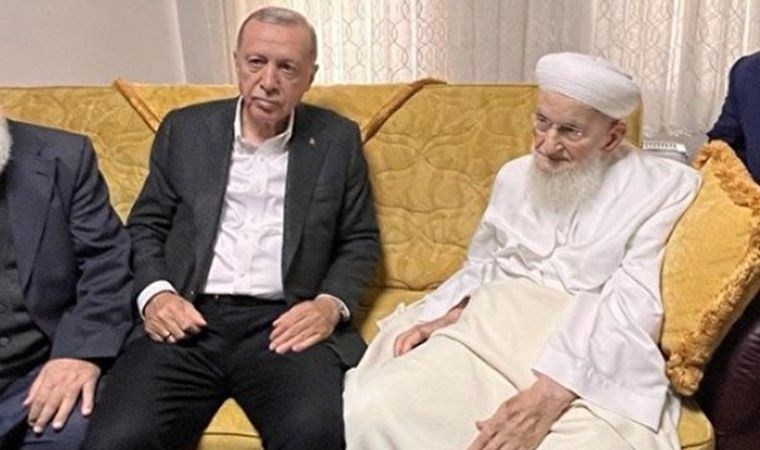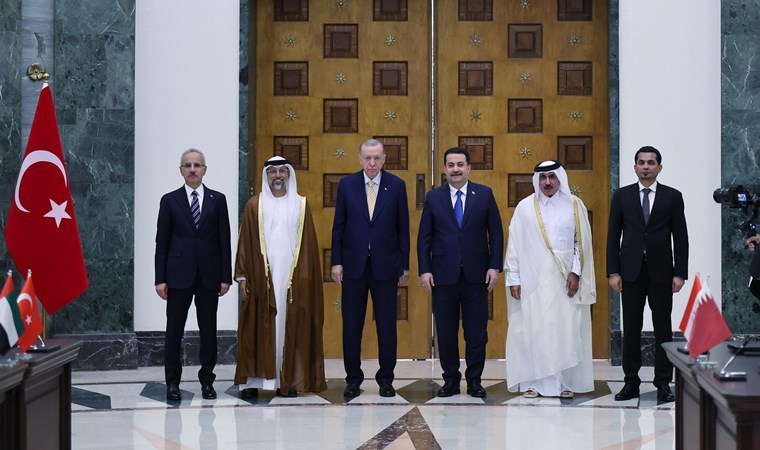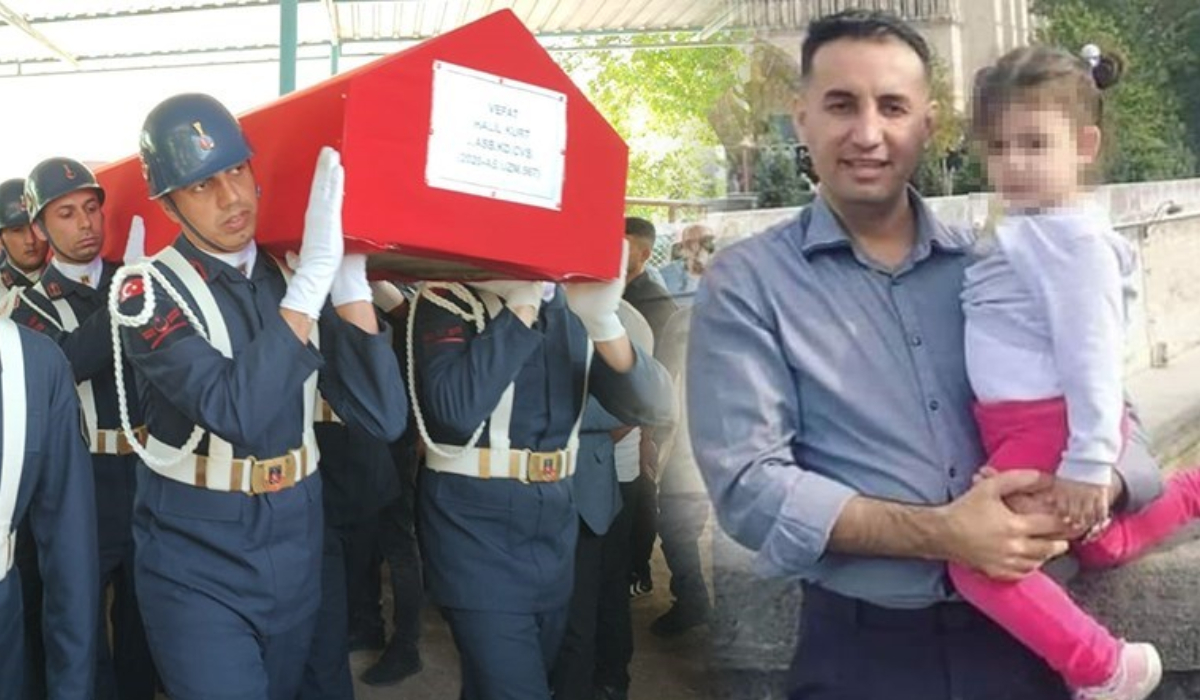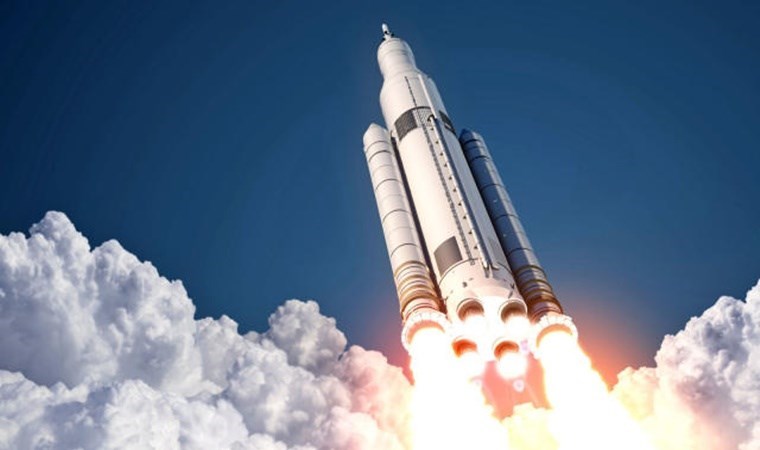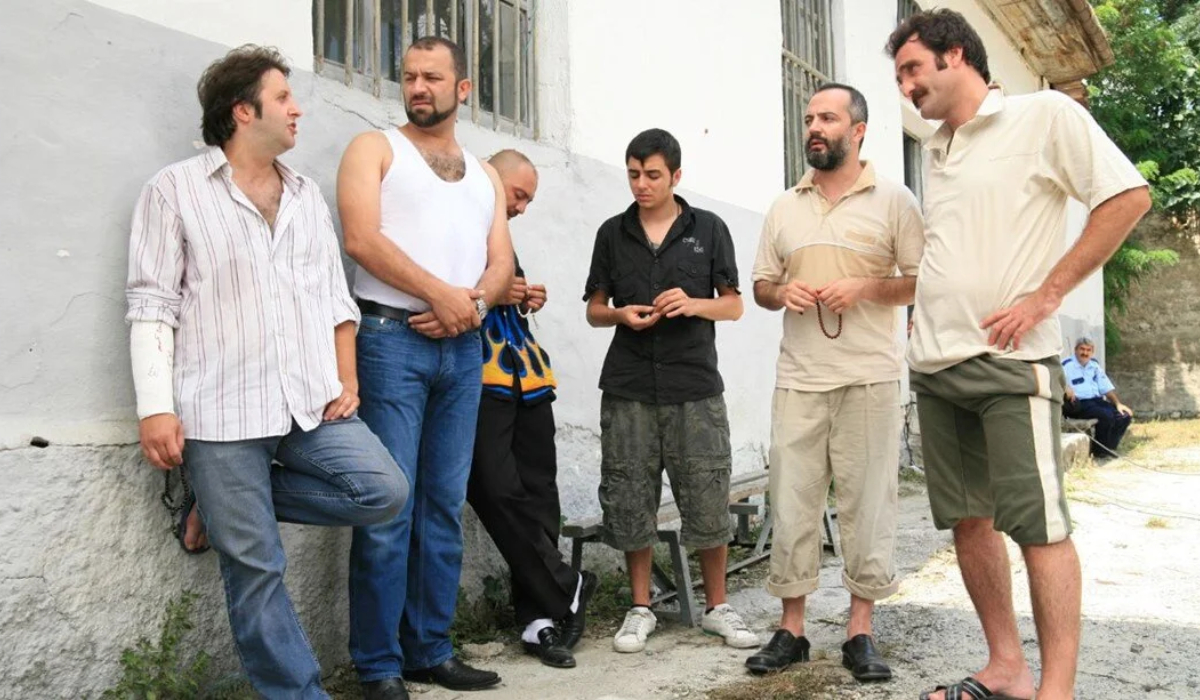Former Deputy Prime-Minister Hikmet Uluğbağ blames incorrect Syria policies for difficulties experienced by Turkey
Following the erection of the physical border protection system and the taking of electronic precautions on the Syrian border, all kinds of unauthorised crossing have been reduced to the minimum. IS militants have been prevented from crossing from Turkey to Syria and vice versa.
Miyase İlknur
The subjects we have discussed most as a country over the past three months have been developments in the Middle East, changes to the exam and the student placement system in education and the relentless rise in the exchange rate and inflation in the economy. Trying to think of who might be the best person to speak with authority on these three points, the only name that came to mind was that of former Deputy Prime-Minister and Minister of National Education, Hikmet Uluğbay. To see him as being purely a political figure would amount to a very narrow categorisation. Uluğbay is at the same time an intellectual towering above the norm for Turkey who follows world literature in the areas of interest to him and analyses reports and research of international bodies of which Turkey is a member, and who, at the same time, gave prior news that redistributionary war may flare up in the Middle East between 2010 and 2020 and maps may change in his book “Petropolitics from Empire to Republic” that appeared in 2007. In his book entitled “A Country’s 2023 Race Under Risk”, in turn, he foresaw what might happen in the economy today. Due to space constraints, I deferred discussing educational matters with Uluğbay. What emerged was an interview on the latest developments in the Middle East and the economy.
-Barzani, relying on US support, held an independence referendum in Northern Iraq and was then abandoned. Barzani has been deprived of the areas he set out to govern having created a fait accompli. Why did Israel and the USA not give Barzani the expected support?
With the US initially voicing gentle opposition when Barzani announced that he would hold a referendum on independence, the following days saw it intensify its criticism. Israel, by contrast, openly supported the initiative. The US, with this robust response, gave the message that the country Barzani should heed was the US and not Israel. This was because the US had seen Assad resisting for longer than expected in Syria and the truth that things were not going as they had reckoned thanks to Russia and Iran’s contribution to this resistance by giving military and financial support, and had started to look into how it could reconfigure its policies on Syria. The US did not want to undergo a crisis with the Baghdad government until it had made this problem manageable. Had the US declared its support for Barzani’s independence referendum, the government in Baghdad would have been encouraged to shift to the Russia-Iran axis. This would have led to Iraq turning back into a theatre of hot war.
-The US, which gave no support to Barzani, is giving unlimited support to the PKK’s arm in Syria, the YPG-PYD. Does the US wish to fortify the north of Syria rather than the north of Iraq?
The PKK, which uses Northern Iraq as a base, is considered to be a terrorist organisation throughout the world. There can be no question of any country giving open support to structures that it considers to be a terrorist organisation. The US, thanks to the experiences it acquired in the Iraq adventure, does not want to have ground troops apart from a limited number of military staff in Syria and has opted to use proxies. One of the proxies is the YPG-PYD. With the US on the one hand endeavouring to accomplish its project in Syria by supporting these organisations, on the other hand, its support for this organisation can be considered to be a trump card that it can use against Turkey in reaction to the policies that Turkey follows in Syria and its moving closer to Russia. If transporting Kirkuk petrol to the Mediterranean through a Kurdish corridor to be established in Northern Iraq-Northern Syria is part of the plan, then it may be supporting them because of this, too.
-Saudi Arabia is, on the one hand, continuing the war in Yemen and, on the other, is undergoing a coup in its own internal administration and moving away from Wahhabism, and, for another thing, is wagging a finger at Iran through Yemen and Lebanon. What lies behind all of this?
Historic faith-based competition has arisen between Saudi Arabia and Iran. One of the reasons for this is that the majority of the population in the area where Saudi Arabia’s petrol reserves are situated is of the Shiite faith. When Syria supported the Iranian pipeline, the Syrian civil war was triggered in March 2011. The US and Saudi Arabia started to openly support the civil war with the aim of overthrowing Assad. When this progress was embarked on, the price of raw petrol was around 120 dollars. With first Iran and then Russia starting to support Assad, Saudi Arabia and certain other petrol-producing countries with US support rapidly reduced the raw petroleum price by stepping up petrol production with a view to bringing Russia’s and Iran’s economies to their knees. Prices rapidly came close to the 40-dollar level in 2015 and to no more than 50 dollars in 2017. Even if this policy harmed their economies, Russia and Iran did not withdraw their support from Assad. Meanwhile, Saudi Arabia went to war with Yemen. According to IMF data, its budget income suffered a serious decline, its public indebtedness increased rapidly and its current account surplus of 165 billion dollars in 2012 turned into a deficit of 57 billion dollars in 2015.
-The Russia-Iran coalition has emerged in the region to counter the US-UK coalition. What is France’s and Germany’s position? Are India and China, which are in the greatest need of energy, spectators for the time being?
The fall in the petrol and natural gas prices has been of great benefit to Germany and France, in common with many countries. Certain European Union members are basically experiencing difficulties with Russia due to the Ukraine crisis and may have opted to adopt a low profile due to their dependence on Russia for 30 per cent of their natural gas and petrol. The issue that troubles European countries most in this process is the migrant problem. They have solved it to a large extent with the agreement they made with Turkey. China is also benefiting from low energy prices and is making foreign investments to guarantee its sources of energy.
-Despite the constant revisions that the Central Bank and government make to inflation and exchange rate policy, it keeps falling apart. As to interest rate policy, they keep it persistently steady. Is there a problem involving an inability to read the danger in economic management or is the game up?
Turkey’s policy of keeping the Turkish lira overvalued that it has followed since 2003 was an incorrect choice. Thanks to this, the foreign trade deficit and consequently the current account deficit has kept on rising. Over the 2003-2016 period, there has been a foreign trade deficit totalling 677.5 billion dollars and also a total current account deficit of 500.6 billion dollars. Over this period, the country’s foreign debt has risen from 129.6 billion dollars to 432.4 billion dollars. The inability for these deficits that have continued for fifteen years and especially the current account deficit to be brought below 32 billion dollars despite very significant falls in petrol and natural gas prices is both shortening the maturity of foreign debt and increasing its cost. Over these fifteen years, Turkey’s cumulative inflation has been much greater that the US’s, the EU’s, Japan’s and China’s cumulative inflation over the same period. Turkey, incapable of reducing the gap in manufacturing productivity with these countries, maintains an overvalued Turkish lira. For as long as Turkey fails to adopt economic and financial policies that will reduce Turkey’s current account deficit to a sustainable level, it will be unable to solve its economic problems including the exchange rate by regulating the interest-rate alone and the valuation of the Turkish lira will be at the mercy of decisions by loan-makers and speculative attacks.
It was wrong to abandon the old policy
-Turkey, rather than pursuing its national interests, followed a sect-based policy in the region. Even if it has now reversed this, it is not setting out to rectify the error in its Syria policy. What kind of dangers await us as a country in this war of redistribution?
Turkey made a huge strategic error in abandoning its policy of closeness and friendly cooperation with Syria. This policy error lies at the heart of the economic, social and political difficulties that have been experienced since 2011, not least the arrival of three and a half million migrants to this country. Until the Syrian problem finds a solution in lasting peace, the idea of creating new Syrians is abandoned and terrorist organisations stop being given financial and arms support, the continuation of these difficulties is the source of great concern.

En Çok Okunan Haberler
-
 Emniyet müdürü kalp krizinden öldü!
Emniyet müdürü kalp krizinden öldü!
-
 Bahçeli, Bakan Mehmet Şimşek'i hedef aldı
Bahçeli, Bakan Mehmet Şimşek'i hedef aldı
-
 THY yöneticilerinin son maaşlarını açıkladı
THY yöneticilerinin son maaşlarını açıkladı
-
 Yeni 'şeyh' hayatını kaybetti
Yeni 'şeyh' hayatını kaybetti
-
 CEO’su istifa etti!
CEO’su istifa etti!
-
 Konut fiyatlarında iki yıl sonra ilk yaşandı
Konut fiyatlarında iki yıl sonra ilk yaşandı
-
 Erdoğan’dan ‘PKK’ mesajı
Erdoğan’dan ‘PKK’ mesajı
-
 Noter çalışanının dikkati dolandırıcılığı önledi!
Noter çalışanının dikkati dolandırıcılığı önledi!
-
 Fenerbahçe zirve yarışında yara aldı!
Fenerbahçe zirve yarışında yara aldı!
-
 19 yaşındaki oğlu 29 yaşındaki üvey annesiyle kaçtı!
19 yaşındaki oğlu 29 yaşındaki üvey annesiyle kaçtı!



